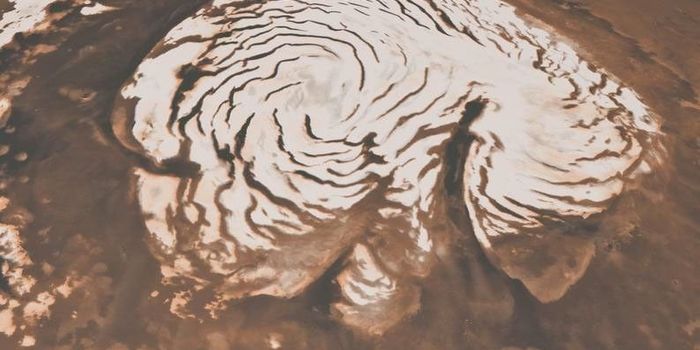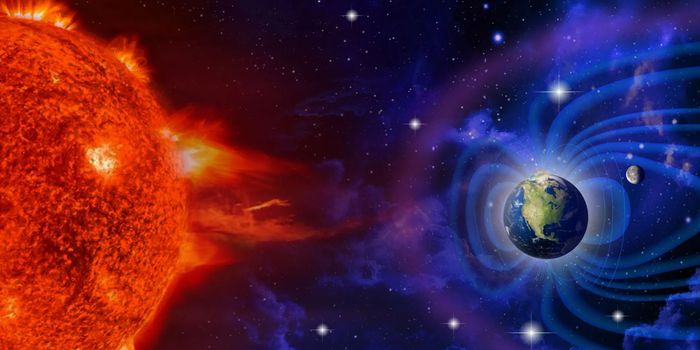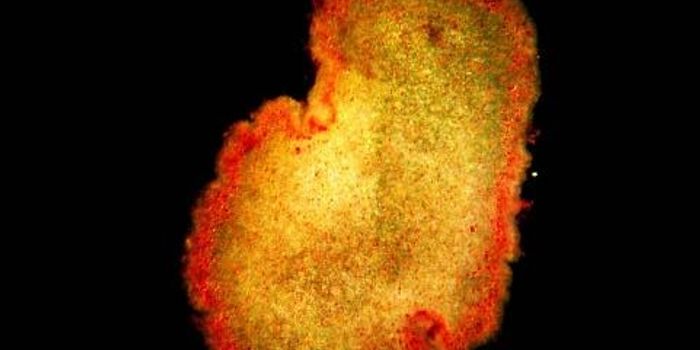Health & Medicine
More Than 700 Biosimilar Therapies in Pipelines
OCT 02, 2014 12:00 AM PDT
Share
Would We be Better Off Left in the Dark?
 Did you know that the word "galaxy" comes from the Greek work for milk because the night sky was so awash with stars that it had a milky appearance? Well, that's all changed because of the artificial light produced by our civilization. Formed in 1988, The International Dark-Sky Association (IDA) is trying to mitigate the effects of all this light, and reduce light pollution. On its website, the IDSA summarizes the problems caused by light pollution as such, "Light pollution wastes energy, affects astronomers and scientists, disrupts global wildlife and ecological balance, and has been linked to negative consequences in human health."
Did you know that the word "galaxy" comes from the Greek work for milk because the night sky was so awash with stars that it had a milky appearance? Well, that's all changed because of the artificial light produced by our civilization. Formed in 1988, The International Dark-Sky Association (IDA) is trying to mitigate the effects of all this light, and reduce light pollution. On its website, the IDSA summarizes the problems caused by light pollution as such, "Light pollution wastes energy, affects astronomers and scientists, disrupts global wildlife and ecological balance, and has been linked to negative consequences in human health."Two major elements of light pollution are sky glow and light trespass. Sky glow is caused when light fixtures emit a portion of their light directly upward, where it scatters and creates the orange-yellow glow you can see above a city. This effect interferes with astronomical instruments' capability to capture light from space. Light trespass occurs when fixtures cast light into areas where it is not wanted, such as neighboring properties.
Artificial light effects wildlife in many ways. Lighted towers and tall buildings can confuse birds, bats, and moths. Newly hatched sea turtles use the moon to guide them toward the ocean, but when the moon is no longer the brightest light in the area, they can become confused and be lured to dangerous roads and predators. Artificial light also interferes with species that communicate using light such as glowworms and fireflies. Some effects are not so obvious. For example, the sky glow around sports stadiums can stop nearby frogs from mating.
There is also research to show that artificial light negatively affects humans. Consistent periods of light and dark are important to the proper operation of our circadian rhythms which are needed for good health. The Word Health Organization's International Agency for Research on Cancer has listed "shiftwork that involves circadian disruptions as being "probably carcinogenic to humans."
The Arizona Republic recently published a report on the decline of dark areas, a situation that can be more pronounced in desert areas as large, bright cities encroach on dark areas. In it, they state, "Scientists estimate that in about 10 years, America will have only three dark patches of land where people will be able to clearly see the Milky Way and where they'll be able to do high-quality astronomy and nocturnal wilderness research. Those areas are southeastern Oregon and western Idaho; northeastern Nevada and western Utah; and northern Arizona and southeastern Utah - the better part of the Colorado Plateau." But, light from Las Vegas and Phoenix threaten the darkness in the Colorado Plateau and Nevada/Utah areas.
Efforts to preserve darkness can be very effective. Tucson implemented dark-skies friendly lighting codes decades ago and the city has not gotten brighter in 30 years even though its population has increased by 59% during that time. And, reducing light pollution is not all that complicated, but ordinances and enforcement must be in place. Just reevaluating how much light is really needed in certain places and certain times can help. Using sensors and timers will reduce wasted light. Shielding lights so their glow only points down can reduce light in the night sky. The color of the light is also important. Changing to amber light can create less sky glow. Sometimes less light is better for visibility. For example reflectors on the edge of highways and guide lights on runways work better than floodlights, because they cause contrast, not brightness.
In addition to the obvious ecological, practical, and economic reasons for preserving darkness, there is a deeper, almost spiritual need to see the stars. Grand Canyon park ranger Marker Marshall sums it up this way, "People need the sense of beauty and perspective and awe that we get from our exposure to the universe in a dark night sky. It's part of every culture, part of being human - to contemplate what's above us."
You May Also Like
Loading Comments...








